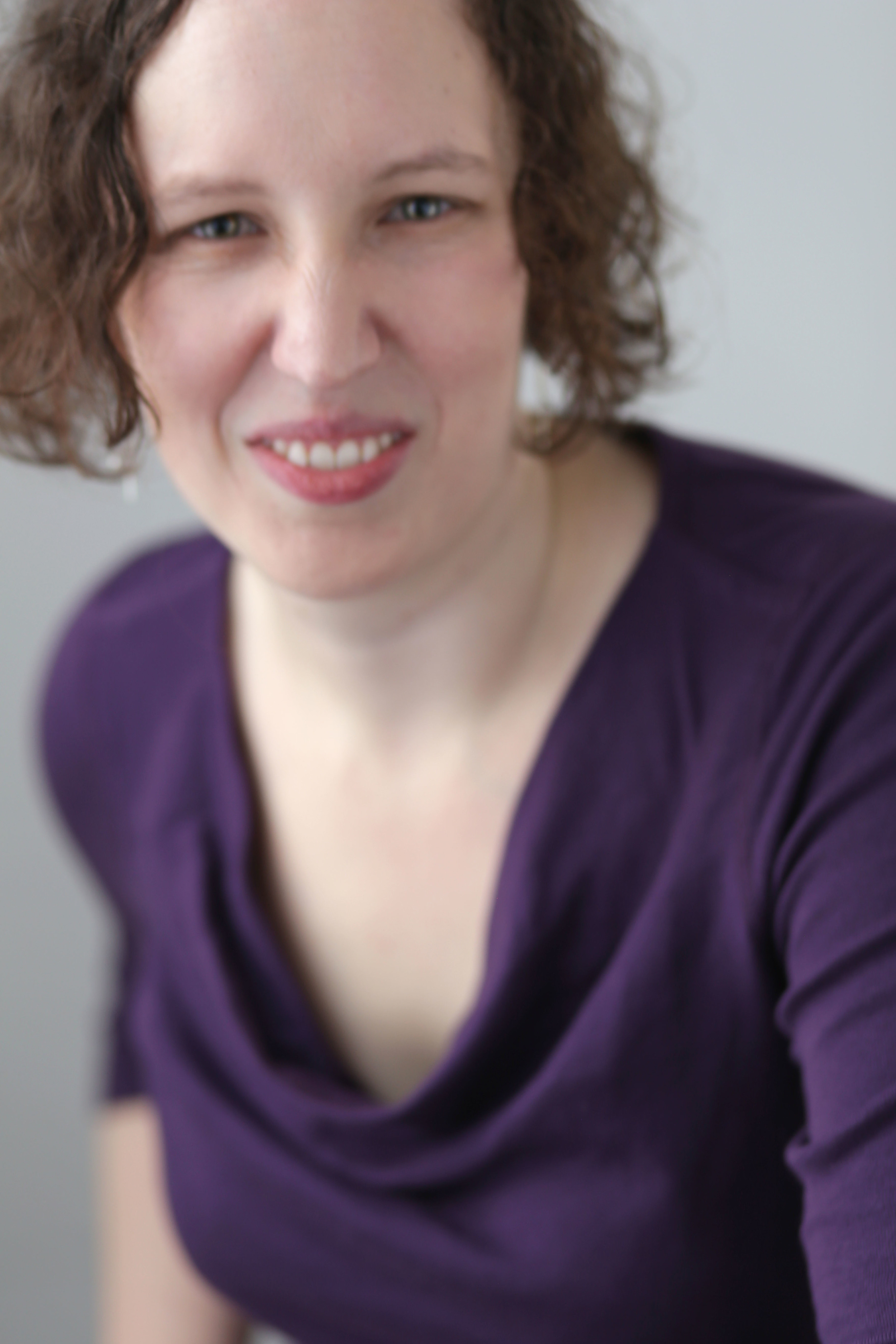Unlike the American New Year, the Jewish New Year turns in the fall, based on the lunar calendar. Like all New Year’s celebrations, it comes with a party and a ton of food, but it also brings with it a time of thoughtful quietness in the form of Rosh Hashanah (New Year's Eve) and Yom Kippur (Day of Atonement). The 10 days between them known as the Days of Awe are considered the holiest days of the Jewish calendar.
What makes the Days of Awe so holy is that they are a time of reflection in preparation for Yom Kippur. It’s a day set aside for considering your actions, thoughts, and feelings toward yourself and others over the past year, for finding forgiveness from yourself, others, and God, and for setting intentions for the year to come. In my experience, there is nothing else in American society like Yom Kippur.
So what do the Days of Awe have to do with Feldenkrais? A whole lot. I’m writing this a few days after Yom Kippur, and the ancient melodies of prayers sung only on that day are still floating through my head. A phrase that comes up multiple times throughout the Days of Awe stuck with me this year as especially pertinent to my work – “a still small voice”. The point of having a day of refuge from the noise of the world is to be able to hear “a still small voice”. Call it God’s voice, call it intuition, call it whatever you want, but you can’t hear it unless you can find enough quiet to bring your attention internally.
For most, myself included, Feldenkrais is not a spiritual practice, but it shares many qualities with Judaism, including this search for a place to listen from. Without emotional and physical awareness, that “still small voice” that says, "You're coming up on your limit now and it's time to stop," gets lost in the noise. Whether lying on the floor in class or on the table in a private lesson, a Feldenkrais student is continually asked to quiet the noise in their movement to listen internally.
So, as you're reading this, whatever setting you're in, take a moment and close your eyes, take a breath, and see if you can find that little voice. Do you need to be in prayer or lying on the floor to find it, or could it become a resource you tune into a little more often?
